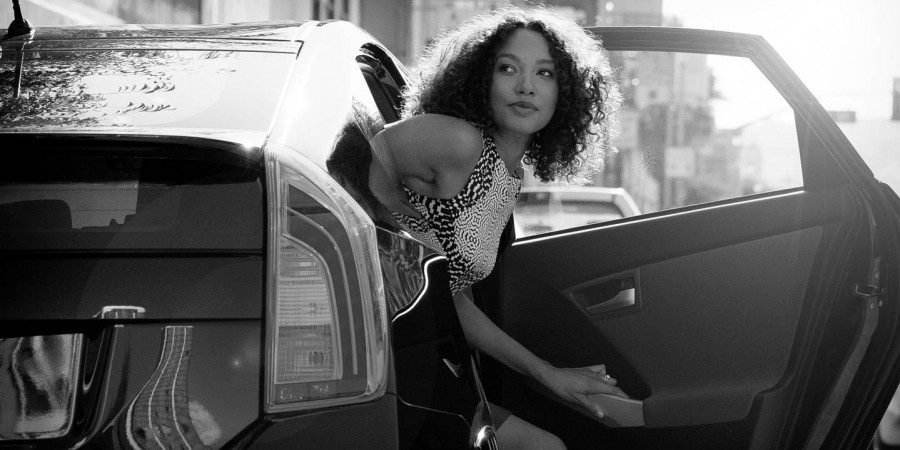Two months ago, Grab announced its debut into Myanmar, and Uber followed suit. The latter is launching its service in the nation today (11 May) and is partnering with government-accredited taxis for the same. A report published on Reuters quoted Sam Bool, Uber’s expansion general manager for South East Asia, saying that this move is particularly taken to avoid legal hurdles.
The San Francisco-based ride-hailing firm, akin to Grab, will commence its services by operating in a small region. The graph of Internet penetration in Myanmar is remarkable. Having emerged from the military rule just six years back, it had almost negligible internet users a few years back. Now, it boasts up to 90% of the citizens as internet users. People seem to be shifting their focus to mobile apps and avail the respective offered services.
Uber is constantly under the radar due to its bold approach towards operating in any region. It is pretty much a fierce competitor of every cab aggregator firm. It had been involved in a tiff with regulators in various markets and had to eventually halt its services in many countries. Hence, the safe move of partnering with government-authorized taxis. Sam had stated,
Having the government support from day one is pretty powerful. Drivers know we are fully compliant with existing regulations. That does grease the wheels.
Currently, Myanmar has three major ride-hailing firms offering their services – Hello Cabs, Oway Ride, and Grab. With a population about 50 million, the Southeast Asian is progressing rapidly and the government is working towards improving the public transport system. The prevailing taxi system is a bit disorganized, people have to negotiate over the price every time they take a taxi, some of them lack air conditioning system and are even not equipped with seat belts.
Uber is keen to work with the government to upgrade them, and hence, looking to collaborate with them to smoothen acceptance of the use of private vehicles for commercial transport. As for the payment, Myanmar is gradually moving towards cashless economy, so they do not seem to possess credit cards. Uber will work around by accepting cash or local bank transfers to make it convenient for the citizens.
The Tech Portal is published by Blue Box Media Private Limited. Our investors have no influence over our reporting. Read our full Ownership and Funding Disclosure →






